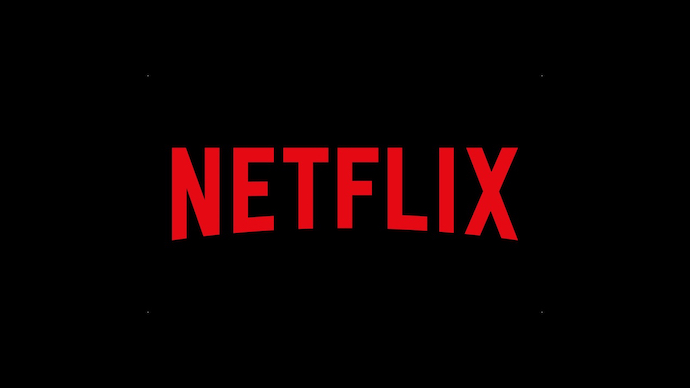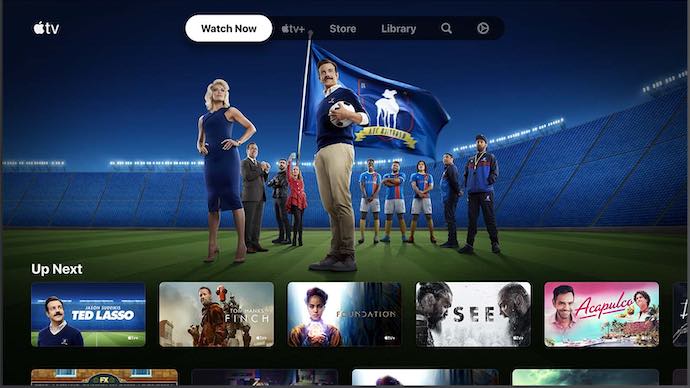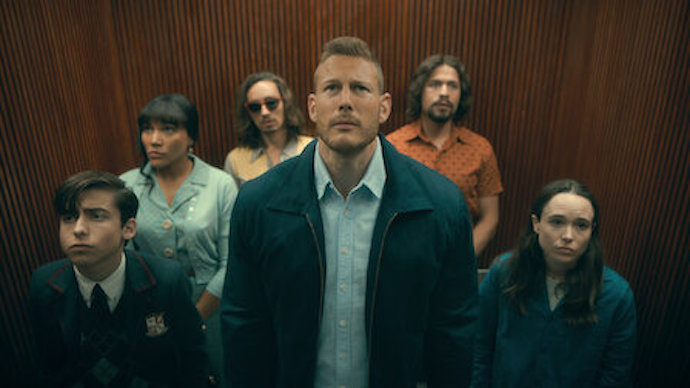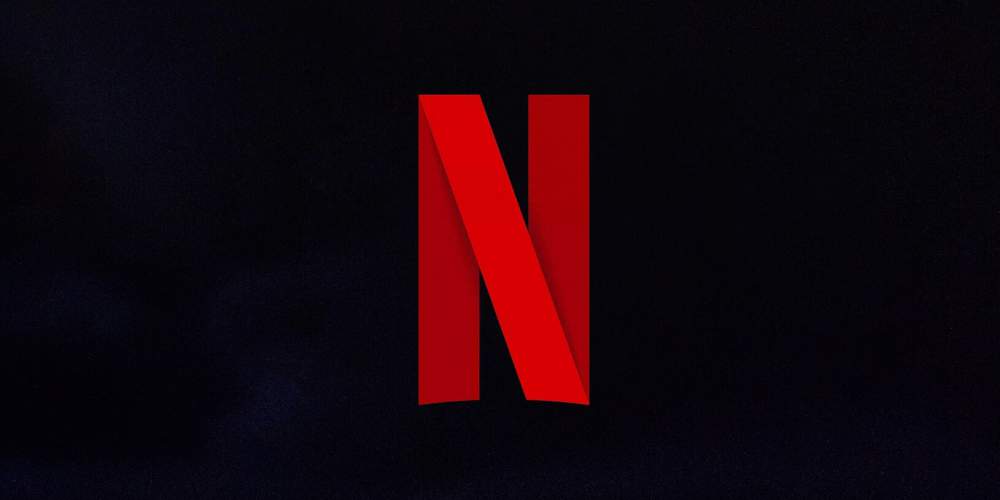Netflix, the platform that pioneered the modern behavior of streaming TV and movies at home, is quickly losing touch with its consumer base, with the industry it helped create, and its own identity.
Disney+ is poised to overtake Netflix's long-held position as king of the streaming platforms, while the former DVD rental service loses customers around the world (except in a handful of regions).
What's going on? Why has the former undisputed champion of the streamers fallen so hard and so quickly? What mistakes are they making and why are people finally fed up with the service?
Here's our look at the many reasons why Netflix has now become passé and why users are abandoning it.
1. Everyone Wants Their IPs Back

The problem Netflix has faced from the very start is that they've always relied on content created by others.
Netflix had a much easier time licensing movies and shows when nobody had a streaming service. Now that Disney, Paramount, and even NBC have their own platforms? Well, they're no longer willing to let Netflix stream their content when they can stream it themselves.
While Netflix has provided a home for many original movies and TV series—including oft-praised titles like Stranger Things and Hometown Cha-Cha-Cha—they haven't had the time needed to establish beloved global franchises like Star Wars, Marvel, or Harry Potter.
Those brands have die-hard fans, and fans will follow the objects of their fandom wherever they go. For example, with Disney's aggressive expansion into Star Wars and Marvel TV series, Netflix has lost a lot of ground in an area that they once dominated.
Back when Netflix hosted Friends, The Office, and the Marvel universe shows like Daredevil and Jessica Jones, that was enough for many viewers. With companies taking those rights back, Netflix is starting to reel from the powerful bites of third-party IP ownership.
2. No Clear Vision or Direction

Netflix does feel somewhat dated when you gaze upon its content offering. It's as though the years have finally rendered it out of fashion, and it's much easier to see when compared to its peers.
The overall strategy of the platform appears haphazard, and the user interface has changed several times in recent months, always designed to be just a little better at catching your eye as you scroll through rather than making it easier to search and find the content you're interested in.
Every notable streaming platform has a vision that makes their content stand out: Disney+, Apple TV+, Shudder, Funimatino, Britbox, even Peacock. But Netflix's claim to fame has always been as "the first one" to the party, and that's a trait that's long overstayed its welcome.
There's one thing Netflix has been doing well: making way for foreign films and TV series to reach Western audiences. K-drama series in particular have a large presence on the platform, which is great for many. Netflix needs to pick a few niches and lean more heavily into them.
As it stands, the dominance of Netflix no longer feels assured. Indeed, Netflix feels desperate as they continue trying to reach an audience who've long now abandoned it for newer pastures.
3. The Price Keeps Going Up

To be fair, prices are going up all over the place for all kinds of products and services. But Netflix's history with price increases leaves a bitter taste in the mouth when compared to their competitors.
For starters, the Basic plan for Netflix is a whopping $10 per month, which wouldn't be terrible if not for the fact that the plan doesn't include HD quality streaming. That's right: for $10 per month, you're still stuck with 480p quality movies and TV shows.
To get HD quality, you need the Standard plan, which costs $15 per month. That's more than comparable plans for Hulu No Ads ($13 per month), Disney+ Premium ($11 per month), and Apple TV+ ($5 per month).
What about 4K streaming? Well, you'll need the $20-per-month Netflix plan. Meanwhile, 4K streaming doesn't have an upcharge elsewhere, making it increasingly harder to justify a Netflix subscription.
And you can expect Netflix's pricing to go up, usually every year or two. Netflix may not be the only streaming platform to raise its prices over time, but it's the only one that does so while shrinking its library—and that alone is enough to tick off many long-time users.
4. The Competition Is Too Strong

Maybe the biggest reason why Netflix feels like a stag hanging over a grate and left to bleed out is that it simply can't compete with the big hitters in the streaming industry anymore.
Netflix incurred a lot of debt while pumping out movies and shows left and right, but that shotgun approach left the Netflix library full of mediocre offerings and the Netflix vault strapped for cash. (Stranger Things cost $30 million per episode in its fourth season. Come on!)
On the other hand, Disney is one of the richest companies in the world, HBO is backed by Warner Bros. Discovery, Peacock is NBC's baby, Shudder is owned and operated by AMC, and we don't even need to explain the wealth behind Apple TV+ and Amazon Prime Video.
Those companies have established revenue streams that keep them secure, allowing them to pick and choose the projects that best fit their platforms. Just look at Apple TV+, a relative newcomer that's been consistently putting out quality over quantity.
Netflix can't compete with that. They don't have the long-term security, the cashflow backing, or the IP branding to stay in the ring.
5. What Does Netflix Even Offer?

So, if you're a streaming virgin who's deciding to pick from the many streaming platforms available today, what does Netflix have that might entice you to pick it rather than one of the other big players?
Well, we don't have an answer to that, and Netflix is probably wondering the same thing themselves. They might have a surprisingly impressive offering of foreign shows and movies, but that's not enough to compel the average person to its service.
The main wow factor for Netflix used to be that it had a vast range of movies and shows for the whole family, across a wide range of genres and a wide variety of studios. It still has that but to a far lesser degree now.
Over the next few years, Netflix is only going to suffer even more as companies continue to hoard their own IPs and expand their userbases. In the end, it's clear that Netflix needs to evolve radically and quickly to stay in the streaming game, or else the end is nigh.

